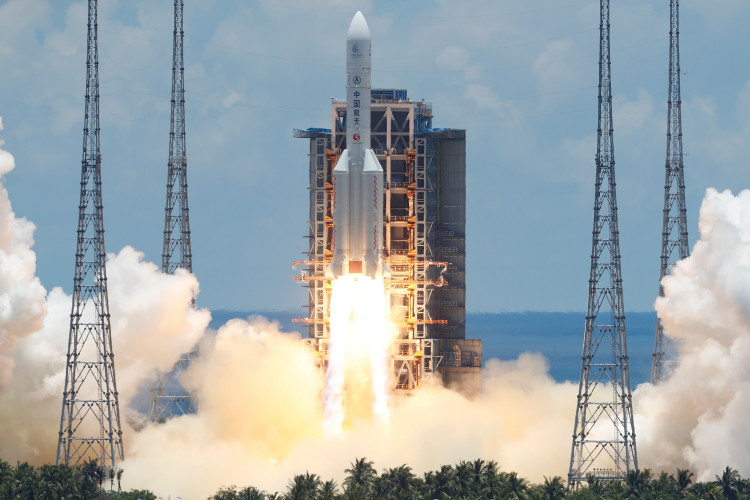We're well past the 2020 midway mark, and while it's easy to glance outside and want to draw the blinds instantly, there's plenty of reasons to be hopeful. Particularly when you turn your eyes toward the heavens.
Five missions are expected to be launched from Aug 27 to Aug 30, three of them from the Space Coast in Florida.
The action starts at 2:12 a.m. EDT, Thursday, when a large rocket from the United Launch Alliance Delta IV lofts the U.S. Classified NROL-44 spy satellite from Cape Canaveral Air Force Station in Florida by the National Reconnaissance Agency. You can watch the launch on the homepage of Space.com, courtesy of ULA. The webcast of ULA will start about 20 minutes before its launch and is available directly from the company.
At 7:19 p.m. EDT, Friday, a SpaceX Falcon 9 rocket from Cape Canaveral on will launch, bringing the SAOCOM 1B skyward satellite for Argentina's national space agency.
Several more hours later, Rocket Lab's Electron booster on the other side of the world would burst to life in a return-to-flight attempt, the first since an anomaly from Jul 4. If all goes according to schedule, Electron will launch at 11:05 p.m. EDT from New Zealand's Rocket Lab complex on Friday, carrying the Sequoia Earth-observation satellite to orbit for Capella Space, a San Francisco company.
On Sunday (Aug 30), SpaceX will be back in action, launching 60 of its Starlink internet satellites aboard a Falcon 9. Liftoff is due to be held at 10:08 a.m. EDT at NASA's Kennedy Space Center, situated next door to Cape Canaveral Air Force Base.
The launch party Sunday night will be rounded out by California based company Astra. The business plans to launch its first flight to orbit at 10 p.m. EDT, sending its skyward Rocket 3.1 from the Pacific Spaceport Complex on Kodiak Island, Alaska.
And a few months from now, in the first operational flight of the Crew Dragon spacecraft, SpaceX will send astronauts to the station again. The team had a successful first demonstration flight to the International Space Station in May, as well as an equally impressive return in August.
The mission is currently scheduled to take place no earlier than Oct 23 and will double the number of passengers from the first flight. A Falcon 9 is set to launch from the Cape Canaveral Air Force Station with four crew members: three NASA astronauts and one astronaut from the Japanese Space Agency, JAXA.


